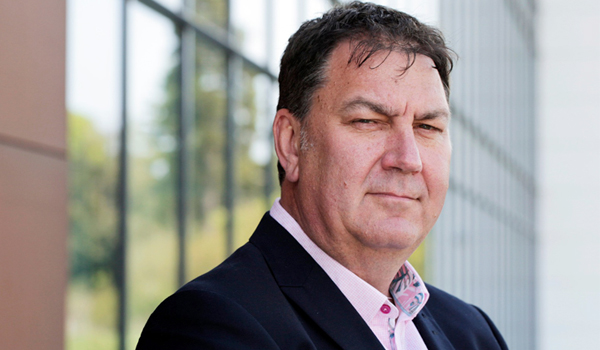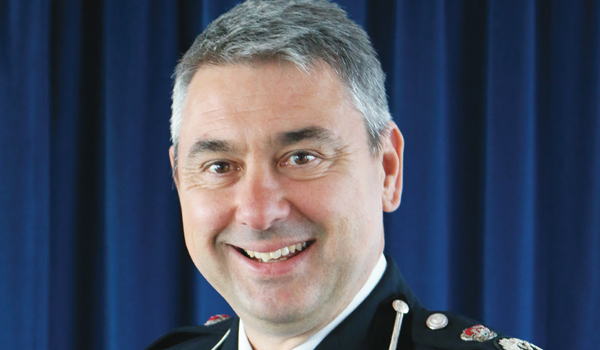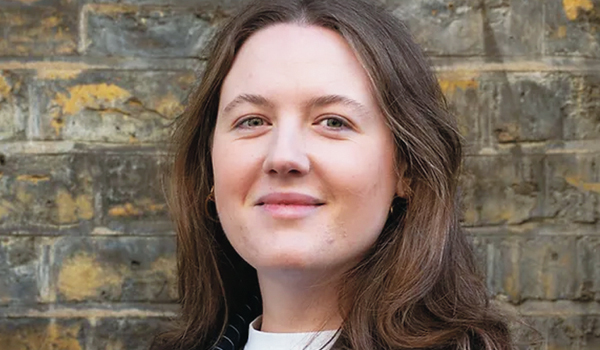Building brighter futures
Police and crime commissioner Steve Turner discusses the importance of employment in the rehabilitation of ex-prisoners.
As police and crime commissioner (PCC), my primary focus is to ensure the efficiency of Cleveland Police, advocate for victims and be the voice of the public in policing.
So, you might wonder, what does building low-cost homes and helping offenders find employment have to do with my role?
Supporting prisoners and former offenders to turn their lives around and curb their criminal behaviour has emerged as a significant theme in the work of myself and my team.
It is simple logic: if we remove the reasons for people to offend, crime rates decrease, and consequently, the number of victims falls.
Research conducted by the Ministry of Justice* has unsurprisingly revealed a powerful solution: employment.
It is obvious when you think about it. Having a job and regular income is one of the most effective ways to prevent reoffending. Among individuals who have served a custodial sentence of less than a year, those who secure employment have a reoffending rate almost ten per cent lower than their jobless counterparts.
That is not the only benefit though. By introducing the opportunity to rent or buy low-cost homes, we would address three of the primary reasons why individuals tend to reoffend.
In a forward-thinking area of the UK, prisoners nearing the end of their sentences in Exeter Prison are actively involved in constructing affordable homes within the city.
This groundbreaking initiative, called Prisoners Building Homes, is spearheaded by the South West Reducing Reoffending Partnership (SWRRP), with the unwavering support of all five PCCs in the region.
Prisoners Building Homes serves as a crucial bridge between the world of custody and gainful employment.
By engaging prisoners in the construction of modular homes on a brownfield site, they are equipped with valuable skills to prepare them for successful reintegration into society on release.
This programme represents just one of the many potential solutions that my team and I will be exploring this year.
Our efforts do not stop there. We also collaborate with individuals who have committed lower-level crimes through the award winning Divert scheme.
Additionally, we delve into the root causes of why domestic abuse takes place, seeking to understand and address the factors that lead to the behaviour from the point of view of the perpetrator.
It is all about looking beyond the immediate consequences of criminal actions and working towards long-term solutions.
While the justice system undoubtedly plays a crucial role in punishing offenders, we must adopt a broader perspective.
It is imperative to understand why these individuals commit crimes and, more importantly, to remove the underlying reasons that drive them to offend.
By doing so, we create an environment in which the motivation to commit crimes fades away, resulting in a safer Cleveland for all of us.
We all share the common desire to live, work, and study in a secure and thriving community. By reducing the reasons for offending, we take a giant leap toward achieving this goal.
With that at the forefront of my mind, I will continue to champion employment opportunities for offenders, support programmes that foster their rehabilitation, and build a society where crime is not just punished but prevented.
Remember, employment is not just a means to pay the bills – it is a powerful tool for transformation.
Together, we can re-shape lives and communities, offering individuals a chance to re-write their stories and contribute positively to our society.
Let us strive for a brighter future, one where redemption triumphs and crime rates dwindle.
*Ministry of Justice: Analysis of the impact of employment on reoffending following release from custody, using Propensity Score Matching
Steve Turner has been police and crime commissioner for Cleveland since May 2021.






